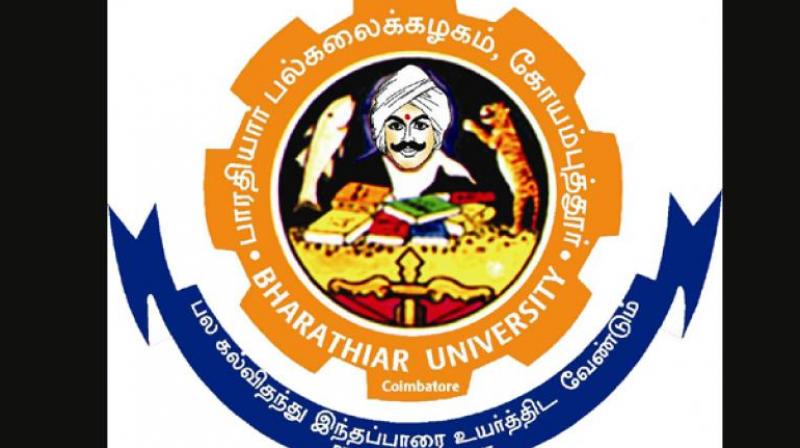Madras high court quashes FIR against Bharathiyar University Vice Chancellor

Chennai: Pointing out that the complainant has virtually attempted to ventilate her grievance regarding her employment and post doctoral fellowship, by using (rather misusing) the Scheduled Caste and the Scheduled Tribes (Prevention of Atrocities) Act, the Madras high court has quashed the FIR registered under the Act against A. Ganapathi, the Vice Chancellor of Bharathiyar University.
Allowing a petition from A. Ganapathi, Justice N. Anand Venkatesh said, “The allegations made in the FIR, even if it is taken on their face value and accepted in its entirety, do not constitute an offence or make out a case against the accused. In the considered view of this court, the case on hand is one such case where criminal proceeding is manifestly tainted with mala fides and this court has to necessarily interfere with the same. In the result, the FIR is hereby quashed.”
The judge said the first allegation made against the petitioner with regard to non-selection of the defacto complainant Lakshmi Praba to the post of assistant professor, by no stretch of imagination will amount to an offence for the reasons that the post was ultimately allotted to a candidate belonging to the SC community and this selection was already a subject matter of challenge before this court. Therefore, it will not fall within any of the provisions of the Act, the judge added.
The judge said in so far as the second allegation was concerned, she complains that she has been denied the post doctoral fellowship in spite of her name being recommended through her mentor V.Balanchander. By denying the fellowship, she alleges that she has been deprived of the monthly fellowship amount and this amount to economic boycott. This allegation was also sought to be made as an offence on the ground that she was not permitted to enquire about the same in the office concerned and the staff were directed not to respond to her queries and the petitioner when questioned had insulted her within public view. This according to her amounts to an offence under section 3 (1) (f) of the Act, the judge added.
The judge said her selection for the fellowship was purely an administrative decision, taken in accordance with the prevailing rules and also the facilities available with the university. She was not provided with the fellowship since the specialty that was sought for by her for the fellowship could not be done at the Bharathiyar University, in view of the non-availability of adequate laboratory facilities. She was advised to pursue with the fellowship in a University, which had the facility. Till this juncture, there was no offence made out. However, this was further developed by her by alleging that she was deprived of getting in touch with the office and the staff of the university and she was insulted in public view by the petitioner. The defacto complainant was an educated woman who has completed Ph.D. She has given a detailed complaint and she was capable of clearly explaining things. Therefore, the minimum that was required to be stated in the complaint was the date, time, place, where she was insulted
and the words that were used against her by the petitioner. The complaint was completely bereft of these details and there was a vague allegation that the petitioner insulted her in public view. These allegations do not make out an offence under section 3 (1) (r ) of the Act. In order to apply this provision, it must be supported with some minimum facts, the judge added.

